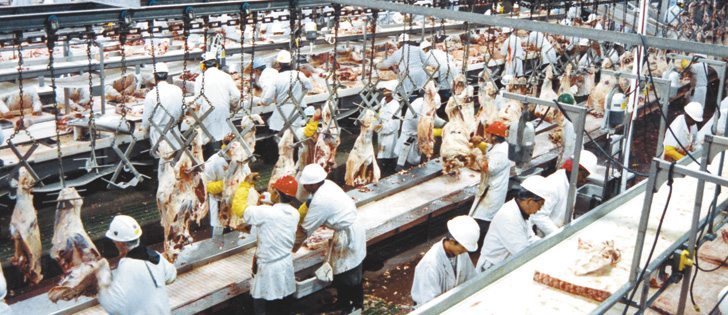DUBAI (Reuters) – Persian Gulf countries plan to pour $2 billion US into a new agricultural fund in coming months to secure food supplies by buying stakes in existing agricultural firms.
The countries, which are mainly reliant on food imports, have ramped up efforts to secure food supplies through buying farmland in developing nations or buying stakes in agricultural companies.
The new Arab agricultural holding company will be part of the broader Arab Authority for Agriculture Investment and Development (AAAID), comprising 20 Arab and African states all keen to lock in food supplies.
Read Also

U.S. government investigates high input costs
The USDA and DOJ are investigating high input costs, but nothing is happening in Canada.
“We are now at a stage where the holding company is being established and the name will be announced soon,” said AAAID financial investments director Rajagopal Ramamoorthy.
“The $2 billion fund has already been approved since January and the money basically comes from members of the Gulf states … to buy listed and unlisted food companies in the Middle East and Africa.”
Unlike other Gulf investments in agriculture, which have primarily focused on buying or leasing farmland, the new company will acquire stakes in existing food companies in Africa and the Middle East, Ramamoorthy said.
“Buying stakes in companies has been our line of expertise so far and we wouldn’t want to stray away from it.”
The AAAID, launched in 1967 and headquartered in Sudan with an office in Dubai, has $400 million in capital, Ramamoorthy said.
It already holds stakes in 25 Middle East and African food companies, including 30 percent stakes in UAE food producers Al Rawabi Dairy Co., Rowadh Poultry and Fujairah Poultry.
“But now more than ever the issue of food security has become more important to Arab nations as the prices of commodities have been on the rise. That’s why this new company is being launched now,” Ramamoorthy said.
The global economic crisis and poor infrastructure in developing African countries have forced the authority to put projects on hold in Mauritania, Tunisia and Comoros.
“I can say that some of our projects in Africa lacked success because of the bureaucracy, and lack of resources in places such as Sudan really slowed us down,” he said.
Foreign investors have acquired 37 to 49 million acres of farmland in poorer countries since 2006, according to the International Food Policy Research Institute.
Gulf states say that without their investments, target countries simply could not afford to develop their own farmland, but critics say many investors have taken advantage of poor farmers.














